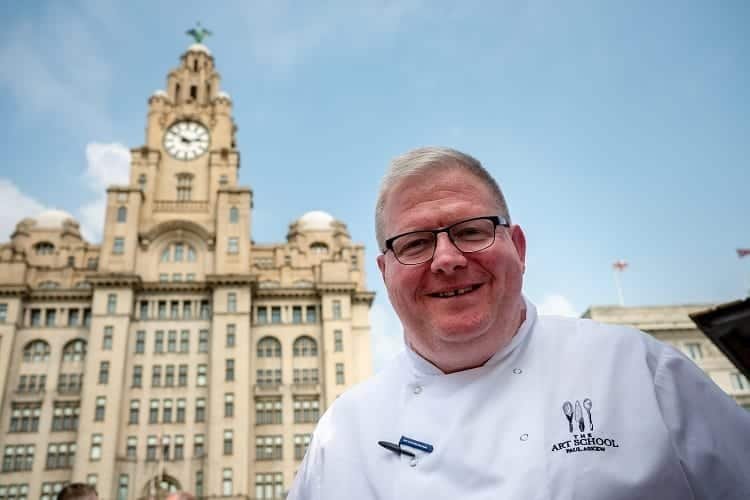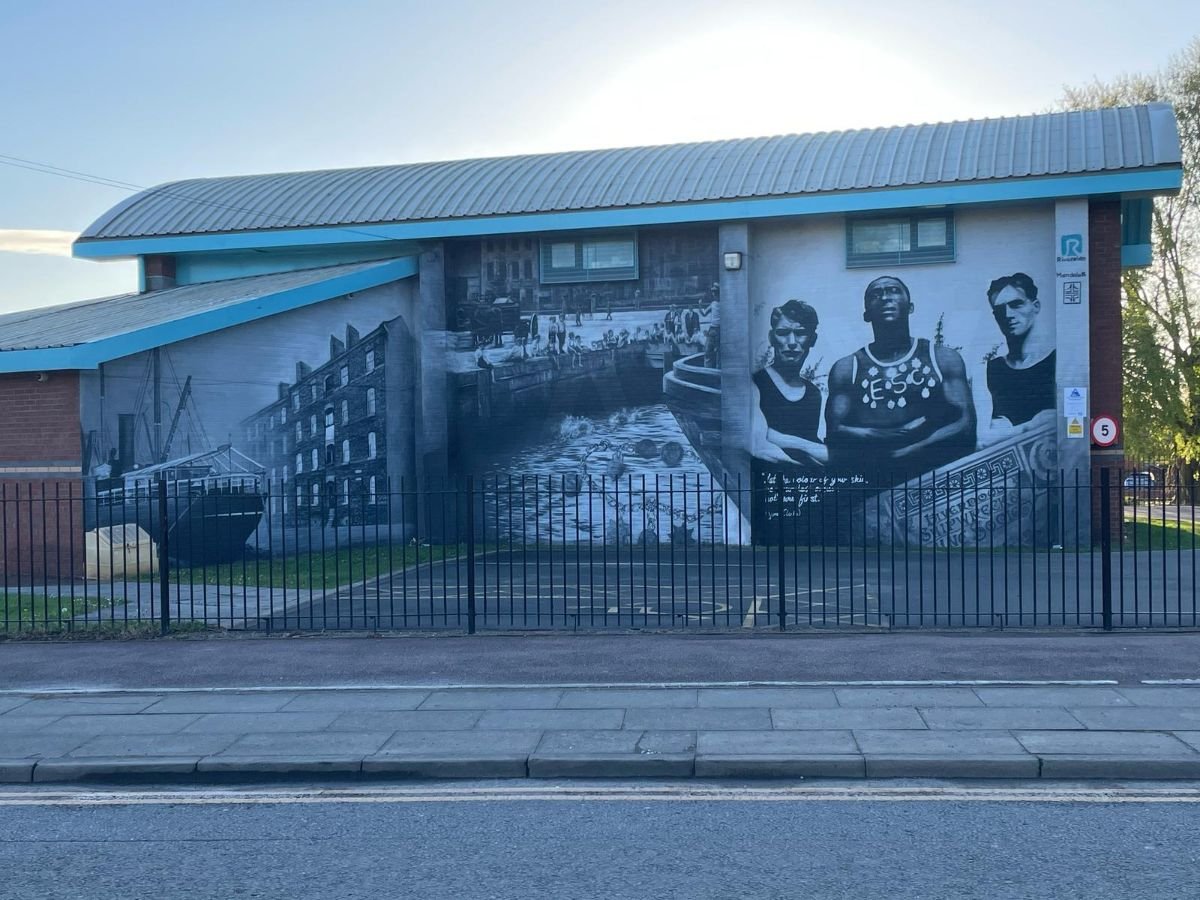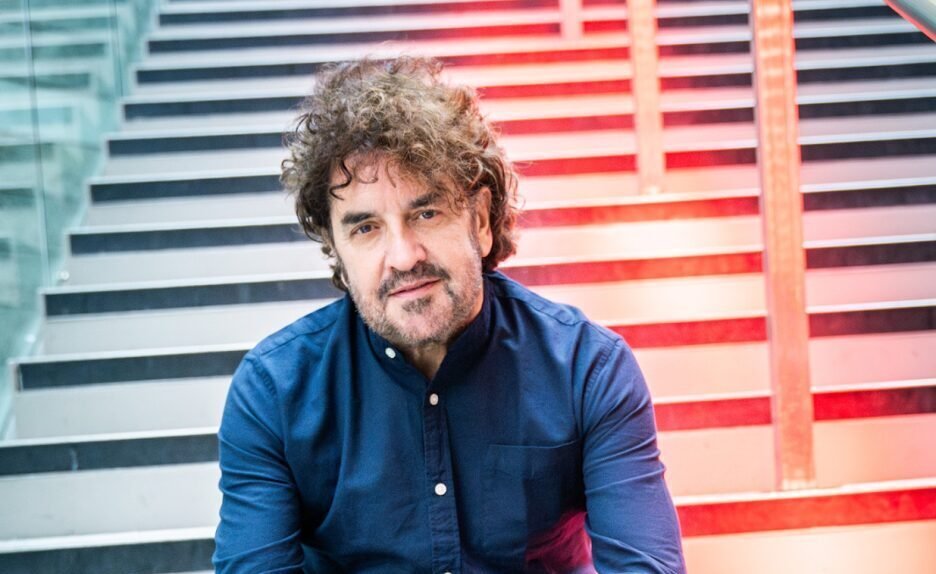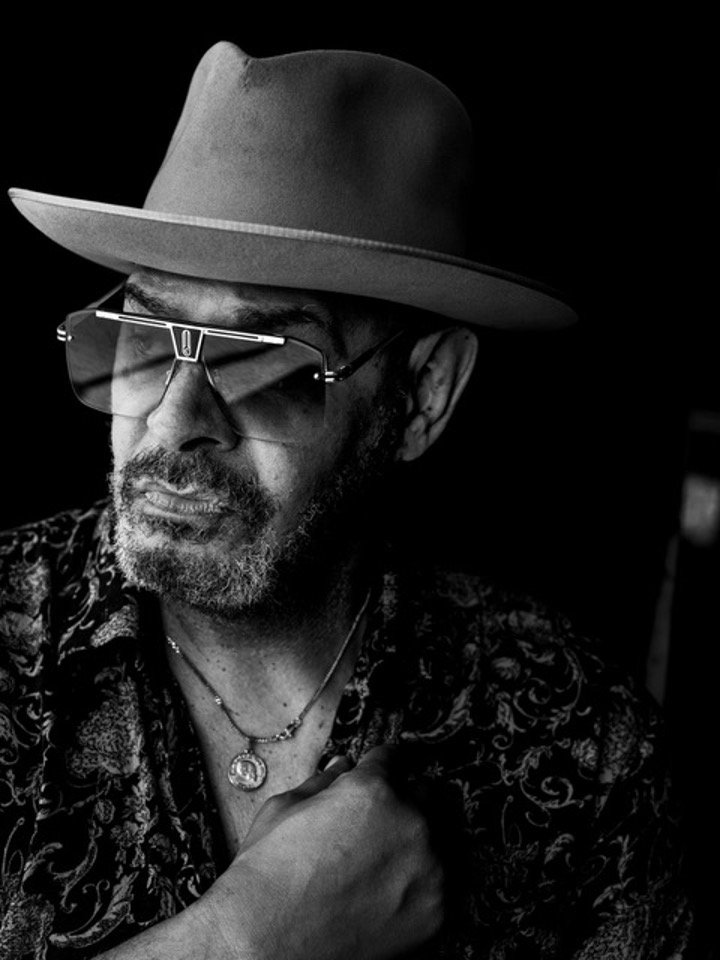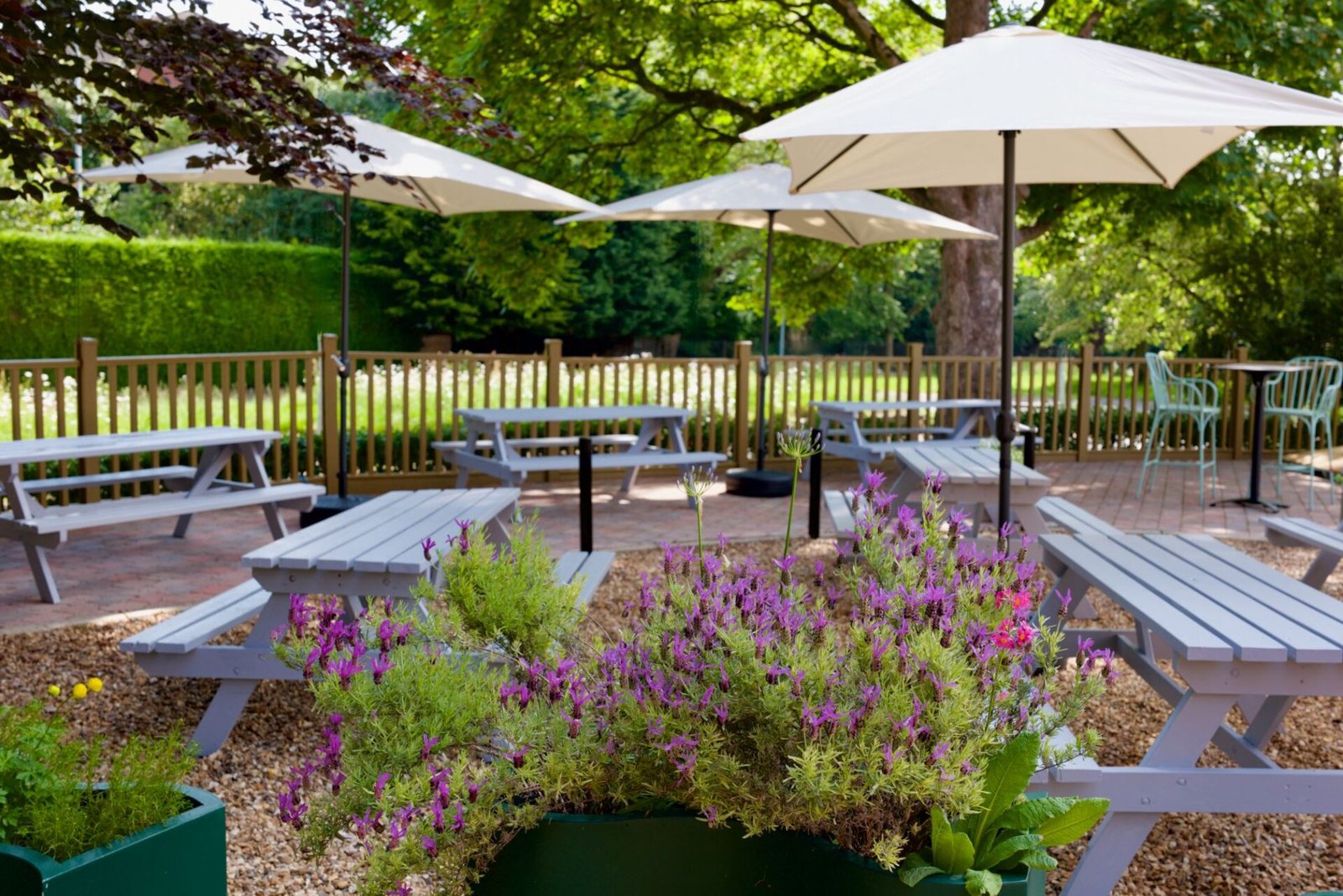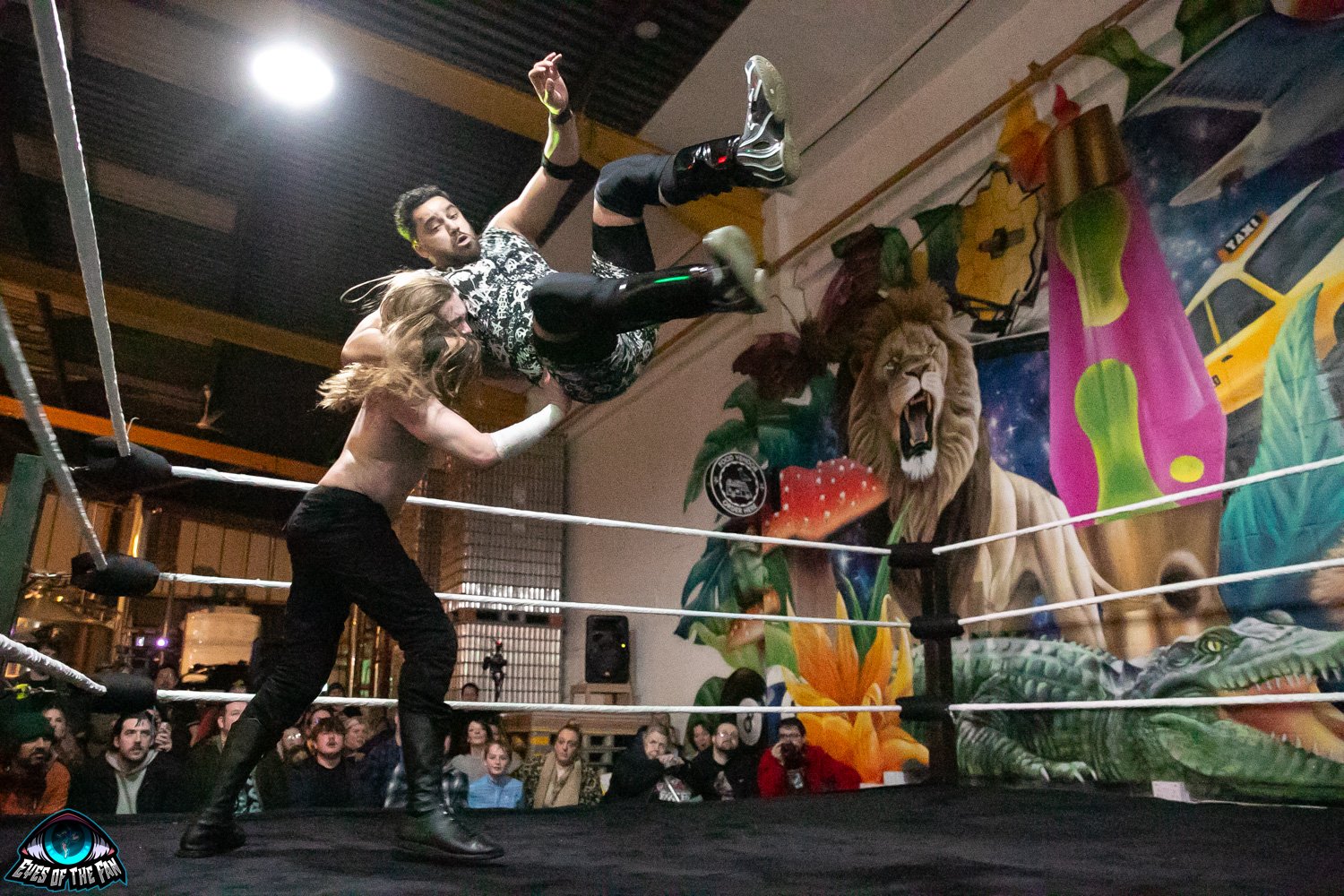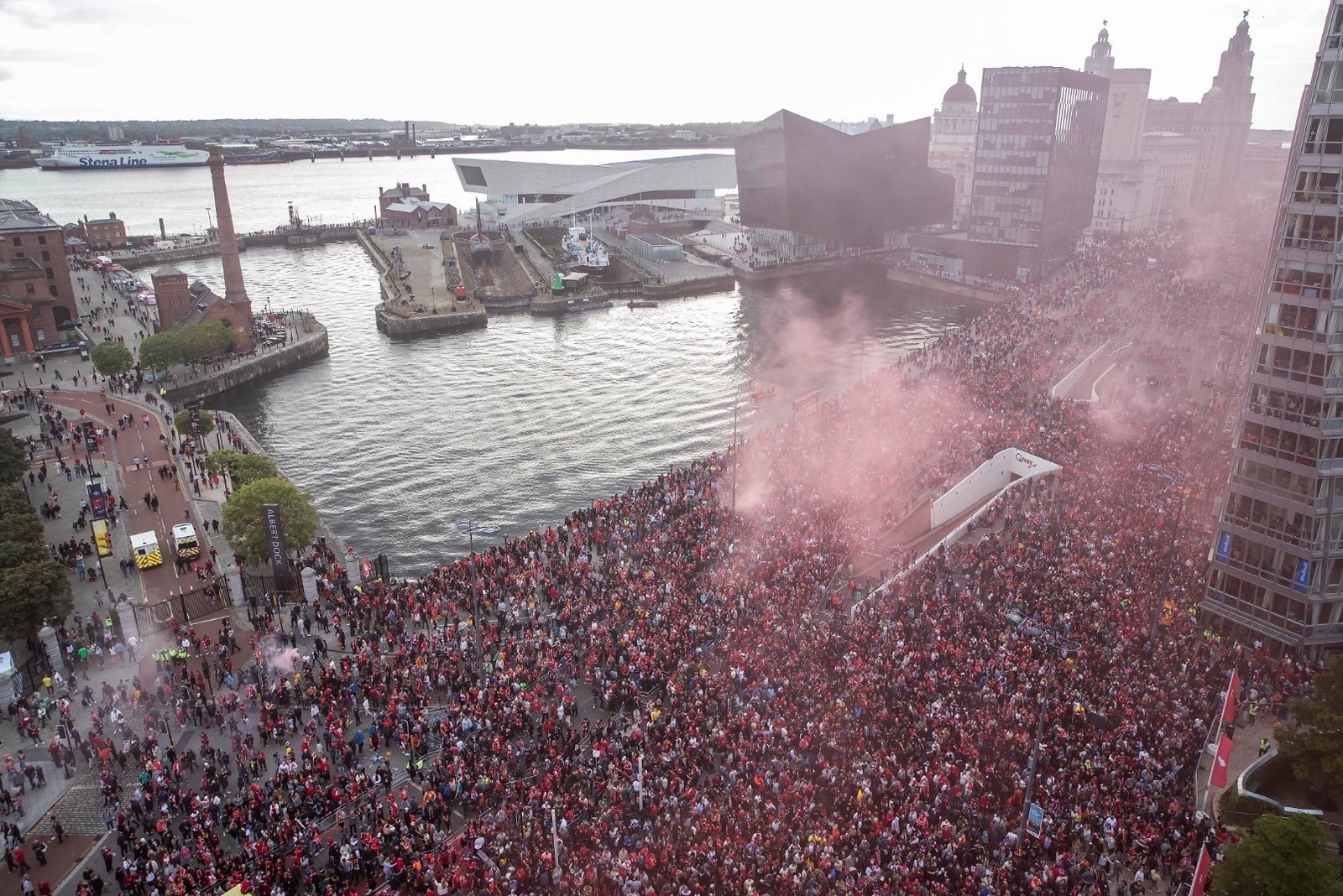Rustling up culinary delights for over four decades, it’s fair to say Chef Paul Askew knows a thing or two about the industry.
With a brilliance for food and a creator of culinary magic, Paul inspires people of the city and beyond with his delectable dishes and presentation. We caught up with the MasterChef to talk about where it all began, famous clients, the effects of the pandemic on the industry and much more…
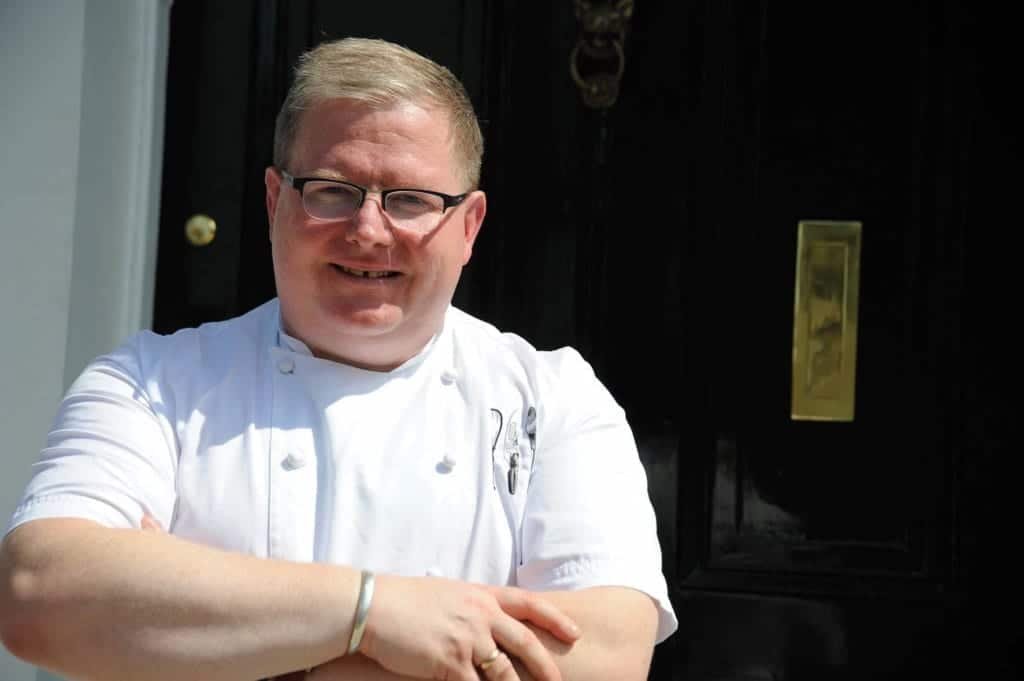
40 years in the industry, at what inspiring moment did you think this was the path you wanted to follow?
Singapore provided me with one of my first and greatest inspirations to become a chef. I travelled with family from a very early age and was exposed to the markets and hawker centres of Singapore which, with its vibrancy of colours and flavours, was literally like being in an Aladdin’s cave – it’s like the New York of Asia! The freshness of the seafood, vegetables and meats, the experience of having food cooked in front of you while you watch, the aromas, the theatre of it all just made me want more and more. So, I guess my fascination and obsession with great food and its presentation started there. It gave me the starting platform to the restaurant of my dreams at the age of 16 to when I opened The Art School 6 years ago.
With numerous TV appearances and awards under your belt, is there one specific award or appearance that is special to you?
Perhaps not the obvious choice but one appearance that I will never forget was the Celebrity MasterChef semi-finals 2018 at Hever Castle. To be able to design my own menu, then take six self-confirmed novices, act as mentor & teacher and deliver restaurant quality food was a concentrated version of the process I use in everyday life in the restaurant with my apprentices and team of staff – just on a much shorter timescale! I’m also a massive rugby fan so to meet and mentor a personal long time hero, Martin Bayfield, was also a huge bonus.
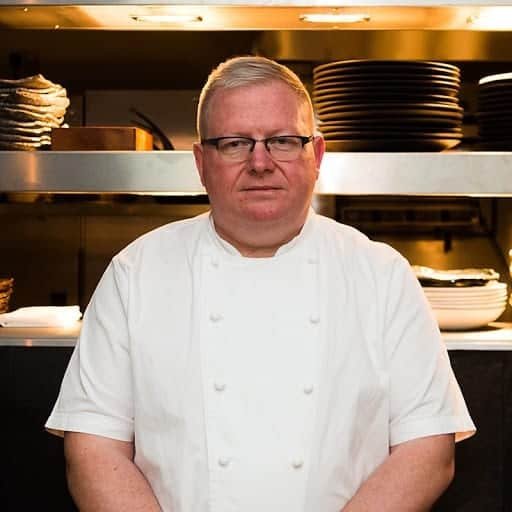
Who would you say is your most famous client you have prepared dishes for?
Having worked all over the world and lead so many kitchen brigades in both restaurants and at prestigious events I have been fortunate to have met so many famous faces. The most famous person I have prepared dishes for would be Her Majesty the Queen (it really doesn’t get more famous or nervous-making) at Liverpool Town Hall, but I’ve also had the pleasure to cook for many famous people from many genres. Condoleezza Rice, Lady Gaga, Elton John, Drake, Quentin Tarantino – the list goes on.
One other stand out memory was having the honour to cook for 120 guests at the dinner following the naming of the Sir David Attenborough research vessel naming. To hear him speak about the challenges facing our planet was truly inspirational, moving and pre-emptive of the changed world we now live in.
What is Paul Askew’s signature go to dish?
The dish that could be considered to be my signature and which carries the most notoriety and emotional attachment would be my dish from ‘Great British Menu’, Season 12 named ‘Memories with Marjorie’ after my dear Mum. It was an assiette of Hebridean hogget of four elements: hay-roast rump, sweetbreads, confit shoulder and loin. Delicious! But the secret was the braised pearl barley which was prepared in the cooking liquor from the shoulder. It was the moment that Daniel Clifford gave me the much-coveted ‘10’ that effectively put me through to the final day of cooking for the judges. The dish remains an annual celebration of the local hogget and has gained a loyal following of diners at The Art School.
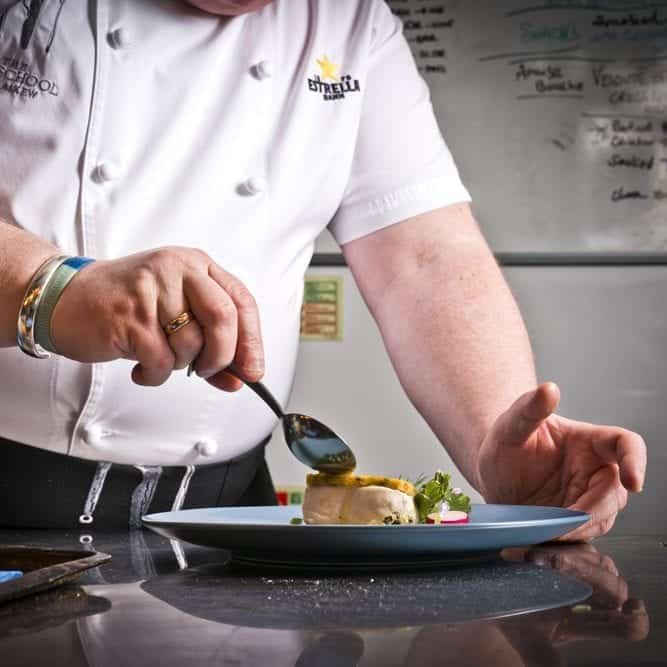
If there was one chef, worldwide or local that could cook for you who would it be?
I’m afraid I would have to choose two. My two culinary heroes until recently, and with great sadness since his passing were Michel Roux Snr and his brother, Albert, who continues to innovate with his Chez Roux brand. In my opinion the Roux brothers are responsible for the food revolution that has taken place in this country. The passion for local produce and classical methods of cuisine that they introduced and the chefs they have trained, are an amazing legacy that we now see in our generation through their sons and the famous chefs they have shaped and trained. The day I watched him produce a pithivier of pigeon with chantrelles for fifty guests from a kitchen the size of a metaphorical postage stamp was a revelation. It was as sublime to watch as to eat. In the absence of Michel Snr I would love to have the opportunity to welcome Michel Jnr to The Art School and to be able to demonstrate the quality and breadth of amazing local produce right on our doorstep in Liverpool.
With your influence and experience in the hospitality sector, what have been the after effects the pandemic has had on the industry?
There are a number of key areas that have seen a direct hit from the effects of the pandemic on the hospitality arena. Consumer confidence is one that will have far reaching effects but is one that is being directly addressed by both businesses and guests playing their part, in following guidelines, to stem the spread of Covid-19. There have been and may well yet be increased unemployment as businesses make the choice not to reopen but clear, concise and continuing targeted action, such as the ‘Eat out to help out’ campaign, from the Government would help to avoid the heavy losses that we all fear.
The lack of inbound tourism through the loss of the many events that are held in the city will also make things harder and we have started to see many establishments struggle but the flip side to this is that this might lead to many more people deciding to holiday in the UK, which will be good news for our restaurants, pubs and hotels.
The current situation has given the people in the hospitality sector an opportunity to stop and reflect about the way they will operate their business in the future. Some may decide that because of reduced diner numbers they will be able to manage with less staff, which is a threat to jobs. Ultimately the businesses that survive are likely to benefit from a reduction in labour churn, with staff valuing the good relationship with the employers that stood by them.
At the same time, this crisis will no doubt create a whole line of new jobs that businesses didn’t appreciate beforehand such as in exclusive dining events or private dining.
I am delighted to see the Government’s ‘Plan for Jobs’ initiative has come to fruition as, working closely with many of our local colleges, we have worked tirelessly over the past months to counter the loss of appeal to young people choosing careers in a marketplace already struggling to recruit.
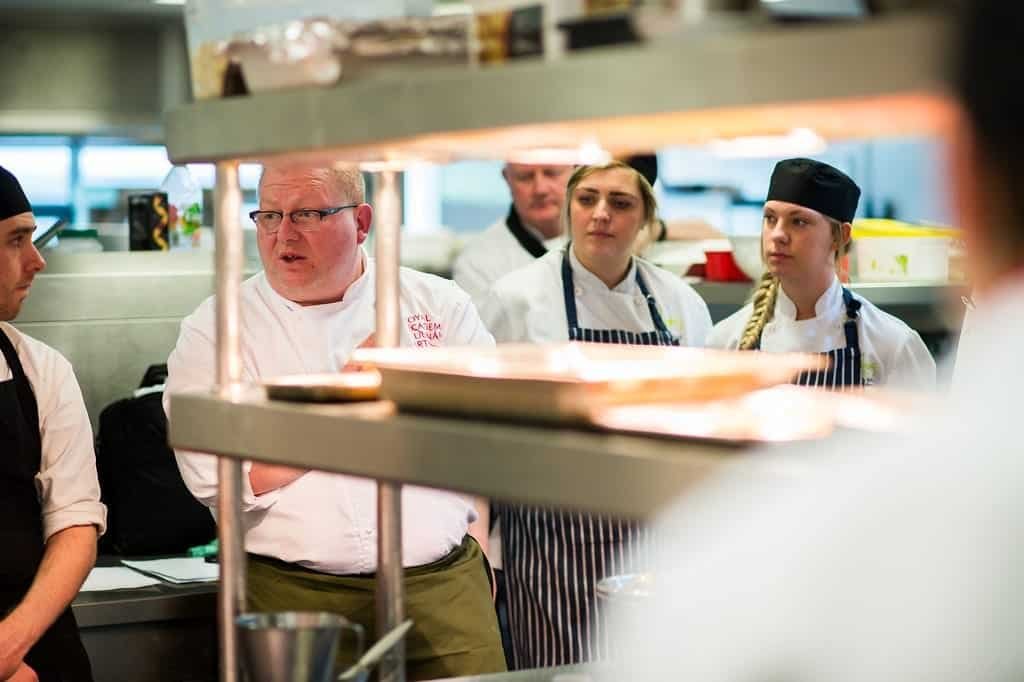
What do you think the future holds for the hospitality sector in the Liverpool City Region?
Initially the focus on our future must be built around survival and sustained consolidation. As we shore up our foundations we can then push forward once more to claim our rightful position as one of this country’s major centres for gastronomy, great wines and outstanding service, not just a ‘good night out’. The development of our dining culture, the Bordeaux Wine Festival and our food and drink festivals will be paramount in our plan for recovery, plus the short term development of the ‘Without Walls’ concept as a city-wide project not just on Castle Street and Bold Street.
If there is one bit of advice you could give to anyone who is looking for a future in the industry right now what would it be?
Do your homework. Know your target market, what they want and stick to your guns. Only by delivering a strong consistent message using good quality goods will you win and keep a loyal customer base.
“The pursuit of quality and consistency is all powerful!”
For further information visit www.theartsschoolrestaurant.co.uk

